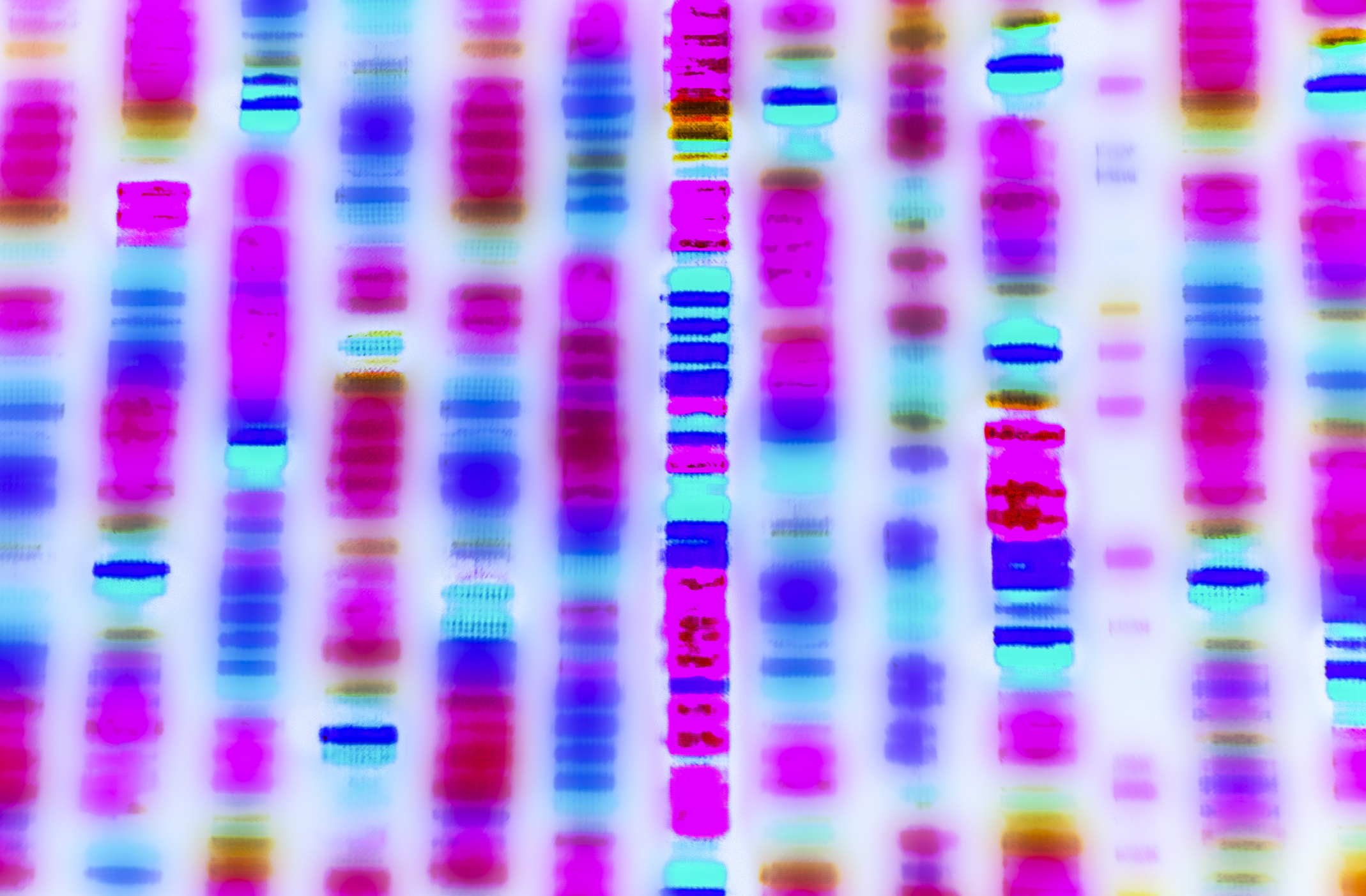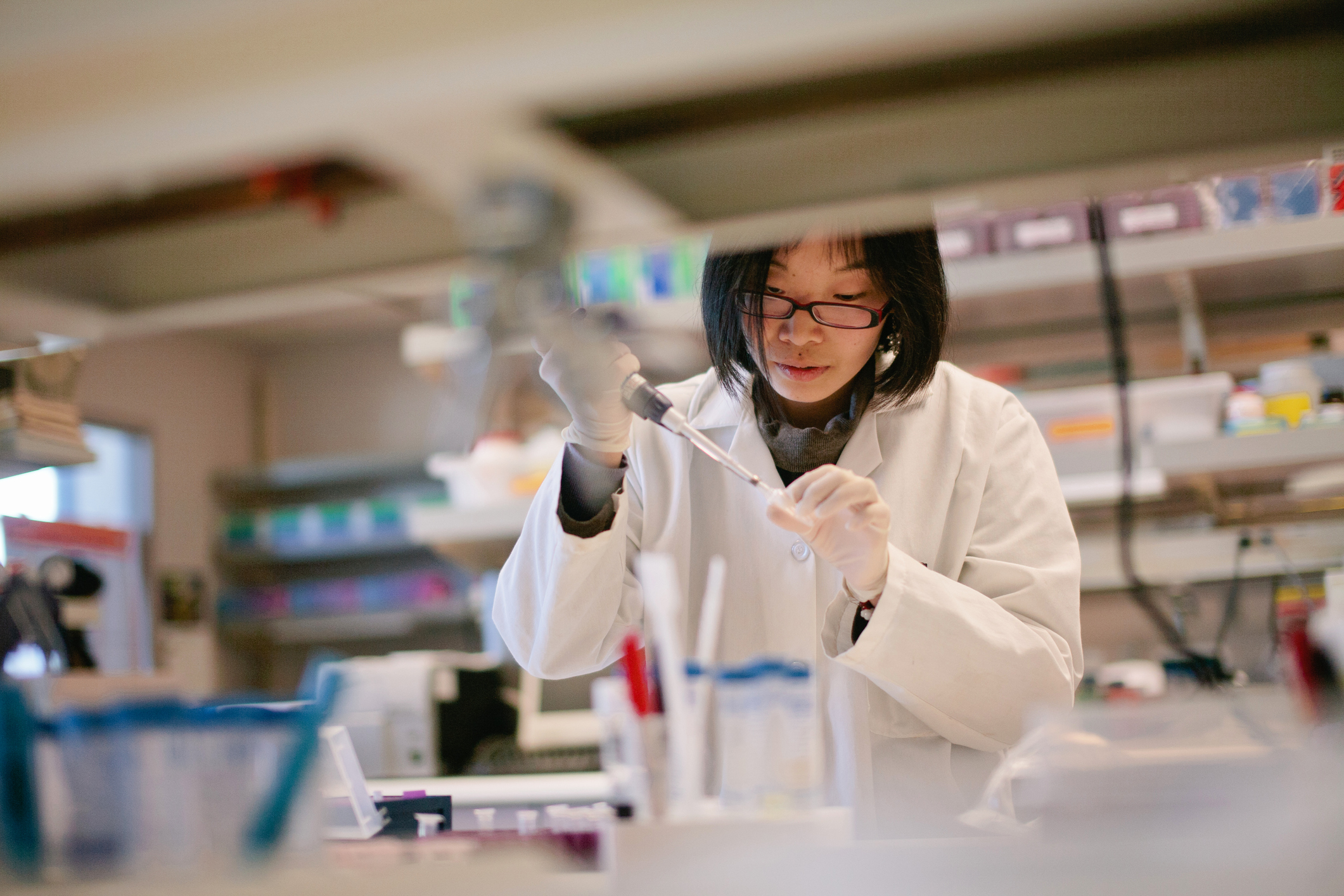Epigenetics and Nutrigenomics: a bite-size introduction.
When you think about your genes, what springs to mind? Perhaps your ancestors and what you have inherited from them? When we think about our heritage, often we think of our physical attributes: eyes, skin, hair colour, perhaps even our expressions.
How often do you think about the internal, biological things you have inherited? The genetic coding that indicates how likely you are to experience disease or chronic illness? This is also written into our genes.
Erroneous gene coding can indicate a predisposition to diseases and chronic illnesses, such as autoimmune disorders, cancers and heart disease. Fortunately, once we know that there is a gene code error, we can use epigenetics and nutrigenomics to influence and correct it.
Epigenetics refers to the lifestyle, environmental and behavioural changes we can make to influence the expression of our genetic coding—positively and negatively. Nutrigenomics refers to the diet and supplement changes we can make to do the same.
Below we’re sharing a bite-size introduction to epigenetics and nutrigenomics.
Ok, let’s wind things back a bit. What is genetic coding?
As the National Institute of General Medical Sciences shares “Genetics is the scientific study of genes and heredity—of how certain qualities or traits are passed from parents to offspring as a result of changes in DNA sequence. A gene is a segment of DNA that contains instructions for building one or more molecules that help the body work.”
When a gene code is programmed correctly, the body can work optimally. When there is a gene code error, or a gene code is missing, the body will experience disease and illness.

Our work here at The Maas Clinic is focused on correcting gene code errors so that our clients can experience optimal health and longevity.

So, how do you find out which codes are working? And which ones aren’t?
Genetic testing is required to understand which gene codes are working, which ones are not working and which ones are missing.
At The Maas Clinic we work with an external lab partner—Lifecode—to run genetic tests on our clients. These tests require a simple cheek swab.
Once we receive the test results, we are able to interpret them and use them as a blueprint to our clients’ genetic makeup.
Where does epigenetics and nutrigenomics come in?
We use epigenetics and nutrigenomics to correct genetic error codes. Genes require ‘co-factors’ to work. If a co-factor is missing or limited, the gene is unable to operate properly. From analysing genetic testing we are able to identify which co-factors need to be replaced or bolstered to ensure that the gene is working optimally. Examples of co-factors include: Betaine, Choline, Zinc, Magnesium and vitamin B.
Here at The Maas Clinic, we develop treatment programmes which ensure that any missing or deficient co-factors can be fortified. We do this by utilising supplements, diet changes, lifestyle adjustments and behaviour shifts.

As always, our approach is 100% scientific and our application is 100% natural.

“I believe that genetics and epigenetics and nutrigenomics is the ‘next big thing’ in complementary medicine. When implemented correctly, epigenetics and nutrigenomics can help to prevent, reverse and cure disease. The strength of genetics, epigenetics and nutrigenomics is so profound that it’s going to challenge the old ways of treating disease."
Dr Laurens Maas, founder of The Maas Clinic.

 Phoenix Maas
Phoenix Maas Our Team
Our Team